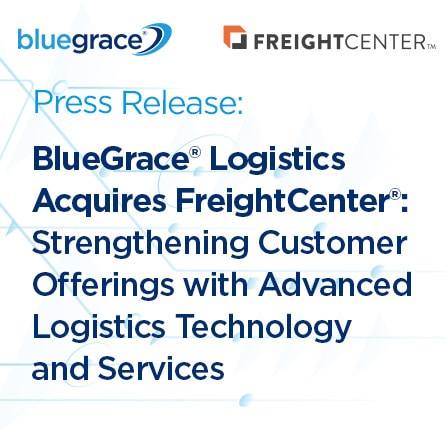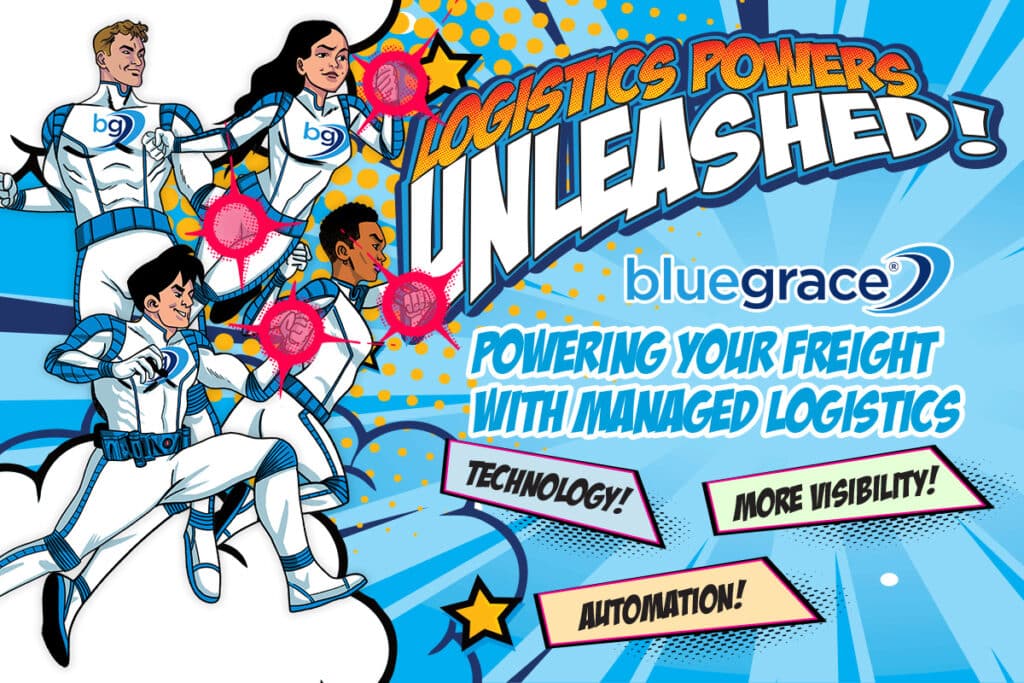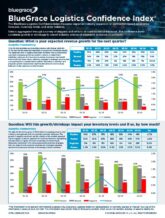
Few topics carry the weight and stress of freight embargoes, particularly LTL embargoes. These embargoes are also widely misunderstood since they effectively impact the middle mile of transportation, resulting in shippers failing to plan for them. Unfortunately, that sets the full supply chain up for failure and will result in stock-outs and other adverse effects. Here’s a closer look at what these embargoes really are, why they’re implemented, and what shippers can do to safeguard against them.
What Are LTL Embargoes?
At the core, an embargo is an effective “turn down” by the carrier. They are a short-term solution to allowing carriers to immediately reduce the stress on their networks, and have become more common in the past year. Whenever disruption strikes, there is only so much capacity available. Even with the best-laid plans, mother nature can get in the way, such as the massive storm that struck Texas in February 2021.
Carriers may simply refuse to accept freight from their shippers.
When these events occur, carriers may simply refuse to accept freight from their shippers, and that’s especially true when capacity tightens during any peak or quasi-peak, such as the produce season.
Why Do Carriers Implement Embargoes?
The reality is that carriers will always implement embargoes when capacity gets too tight. As reported by Jeff Berman of Logistics Management, “ LTL companies typically embargo inbound volumes until they create delivery space.” As such, carriers can better allocate their assets and determine how to go about reducing the massive strain on resources and effectively divvying up such resources to move freight throughout the country. Unfortunately, this can have disastrous effects on everyday shippers.
How Are Shippers Impacted?
An embargo immediately results in delays in shipping, which may lead to additional stockouts and effectively push customers toward their competitors.
LTL embargoes can also feel somewhat unfair to the average shipper. Since an embargo is designed to reduce stress on a limited capacity network, they may also be isolated geographically. When carriers cannot handle extra volume, they suspend their service guarantees. That is another way carriers effectively reduce the reliance on their networks. Of course, shippers still need to move their LTL freight and as a result, they tend to continue operating within the current confines of their contracts or consider moving freight to the spot market. Regardless, an embargo immediately results in delays in shipping, which may lead to additional stockouts and effectively push customers toward their competitors.
Tips for Shippers to Future-Proof Their Supply Chains
While LTL embargoes are and will always be a major part of any transportation network, there are a few things shippers can do to reduce their impact. For instance, consider how the following tips can effectively future proof the network against LTL embargoes:
- Reduce reliance on JIT fulfillment, meaning shippers need to extend their lead time.
- Diversify your carrier network to work with more carriers, including those that may not have implemented LTL embargoes.
- Engage a large 3PL with broad carrier relationships.
- Leverage more distribution centers, including brick-and-mortar locations as fulfillment centers.
- Consolidate LTL to FT where possible, using data to determine when and where such consolidation is necessary.
- Enhance communication to make your freight more attractive to carriers, helping to ease the effects of embargoes when they go into effect.
- Let data improve forecasting for demand on LTL and FT too, while leveraging managed transportation services to reduce the hassle of finding capacity and planning for embargo effects.
Implement the Right Transportation Program to Reduce Risk of Embargoes Now and in the Future
The underlying theme of modern supply chain is data and planning and that LTL embargoes will always return. That’s why it’s critical to have the right transportation management program. This will create a turnkey strategy that puts the above tips into action without added work, and in some cases, it may also handle those optimizations and needed steps autonomously.
Want More Information On How To Successfully Manage An Embargo?
Watch the free webinar here: Carrier LTL Embargoes, Why They Happen and How To Manage Them




